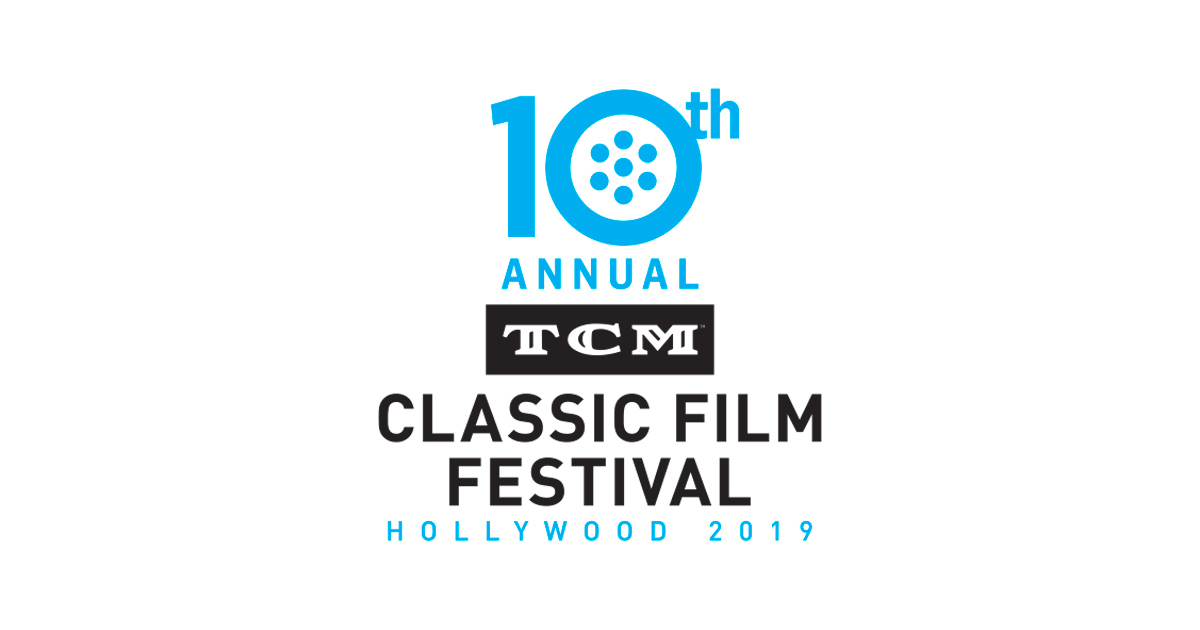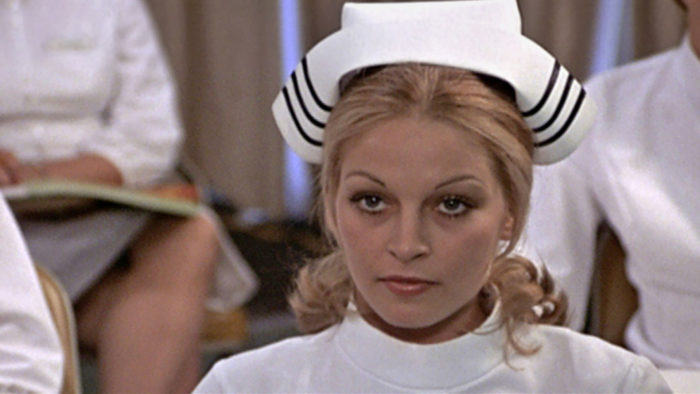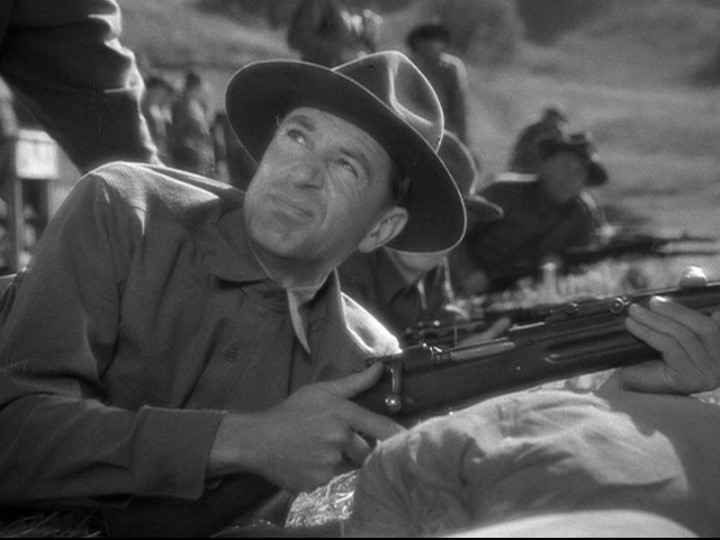
“Every film is a documentary of its own making.” Jacques Rivette wrote that, and his films embraced that conviction. And it’s one I’ve largely found to be true, at least in most any film that’s any good. Part of that comes in capturing the time in which it’s made; doesn’t matter if it’s a period piece or a science-fiction epic or shot in someone’s backyard – artists are shaped by their world, and films are shaped by their artists.
So while it would otherwise not be fitting in any way to discuss together Howard Hawks’ war-hero tribute film Sergeant York alongside Stephanie Rothman’s pseudo-exploitation film The Student Nurses, well, this window gives us just such a vantage. One was made for too much money and with too much purpose; the other with almost no money and little overt purpose. There is something persistent about each, though, and quite a lot that’s very telling.

The “documentary” appeal of Student Nurses is more overt – released at the end of 1970, it’s about as “late-60s/early-70s Los Angeles” as a late-60s/early-70s LA-set movie can be. The principal characters are nurses-to-be, and each one encounters some Massive Cultural Issue Facing the Nation Today. If you don’t think a movie, in 89 minutes, can address rape, birth control, abortion, minority rights, guillera revolutionaries, drugs, Vietnam, homosexuality, police brutality, the sexual revolution, and workplace equality, well man, Stephanie Rothman has this movie you should check out.
It isn’t always elegant about jumping from one issue or storyline to the next, but the enthusiasm to dive into these topics is on display at all times. The “New Hollywood” movement had begun, and filmmakers who came up from in the same tradition in which Rothman is practicing had started to change the industry and the kinds of movies that got made, but it was a process. To see a film about a woman who has an abortion was still extremely rare, if not unheard of. Whatever else the new mainstream filmmakers brought to Hollywood, a female perspective wasn’t one of them. It’s not even about having female directors (though that’s certainly part of it); look at this list of notable New Hollywood films and tell me how many of them made by 1970 even had a female protagonist.
So here is a film written and directed by a woman, centering around not one but four women, and yes half of them have the occasional desire to take off their shirts, and the acting could at times be called “stiff,” but the exhilaration at getting to define one’s own space throughout the film is exciting. The women are primarily professionals, well-educated and forging a desire to make a difference in the world through their profession, which is increasingly giving them reason to. They don’t always agree, but the script never resorts to turning them completely against one another. When they stride into graduation at the end – the final lines are as good as they get anywhere – the feeling is triumphant and commanding.
On an aesthetic level, Rothman really cuts loose with a pair of “drug trip” sequences – one by acid, the other by anesthetic – that suggest she could have easily come to the fore of the filmmaking community at the end had she been afforded the same opportunities as her male counterparts. It’s like Zabriskie Point on a budget, a comparison that should tell you whether or not this movie’s for you; but if that evokes associations as positive as they are for me, this is well worth your while. Could drink in those early-70s colors for days, and the gorgeous print they showed at the festival – preserved by Cinema Conservancy & the Women’s Film Preservation Fund, and held by the Academy Film Archive – could not have better shown them off.

So what does a sexy nurse movie have in common with a biopic of one of America’s great war heroes? Well, for one, a desire to make its subject emblematic of our national struggle. World War I pictures to this point tended to be fairly downbeat, reminders of the loss of a generation and the pointlessness of violent conflict. But within a few quick years of Nazi escalation, the national mood had changed, and with a nation on the march towards war, a film about how one man can win it became a rallying cry. Indeed, producer Jesse Lasky had tried for literally decades to convince Alvin York that his story – of a Tennessee farmer and initial pacifist who almost single-handedly captured 130 German soldiers – needed to be made into a film, but it was only the rising threat of fascism that convinced the sharp-shooter to sign it away.
The film is gung-ho about its patriotism almost to a fault, but it takes Alvin’s central conflict seriously – what is one to do when your Bible says not to kill but your country says you must? In a scene that virtually explains the trade the conservative Christian community has made virtually since this country was founded, Hawks uncritically gives it away. Alvin is debating the subject with one of his superiors, clearly possessing greater knowledge of the Bible than that officer, and clearly making a persuasive case for pacifism in so doing. The other officer in the room sees where this is going, and presents another argument – a book of American history filled with men who used violence to settle their land.
Alvin still doesn’t feel good about the violence he must, and eventually does, commit, but he now has a philosophical foundation – he must kill to prevent further killing, and help retain the freedom upon which his country was built. As so many men before him had, and so many men after him will, he chooses his country’s honor and legacy over his religion, without ever acknowledging the priority he set.
The film, mostly, follows suit, never resolving the morality behind that decision, but becoming more than admirable about it. York’s achievements are plainly presented as not just good, but great, and he deserves all the riches he turns away, insisting that he will not take a reward for killing (though he does, without irony, accept a large house that was built for him as a reward, so who knows).
Gary Cooper won the Oscar that year for playing York, and deservedly so. He’d become a more emboldened actor in the years to come, but Cooper to this point was defined by his modesty onscreen. He could play genuine humility so well, he almost seems to lack confidence as a performer, and perhaps he did. It serves him very well here, as one never questions the purity of Alvin’s naivete and values. The film is far more unusual for Hawks, better-known for his work with duos and ensembles. Cooper lobbied for Hawks to get the job, and he serves the material well – the early sections display a real commitment to the strange language of the Tennessee mountain men, which places us so well in Alvin’s shoes without our recognizing it that when we hear a New York accent in the boot camp scenes, it’s nearly as much a shock to us as it is to Alvin.
The film achieved its goal, giving any young man with doubts about the oncoming war’s value a philosophical basis upon which to join, and it spurred on a great deal of recruits, premiering as it did just a few months before Pearl Harbor. It was still in theaters when the attack took place, and became the most commercially-successful film of the year and quite possibly the decade. It told a generation that you, too, could rise from your humble roots, defeat fascism, and come back to marry the girl of your dreams. What more could anyone want to hear?


